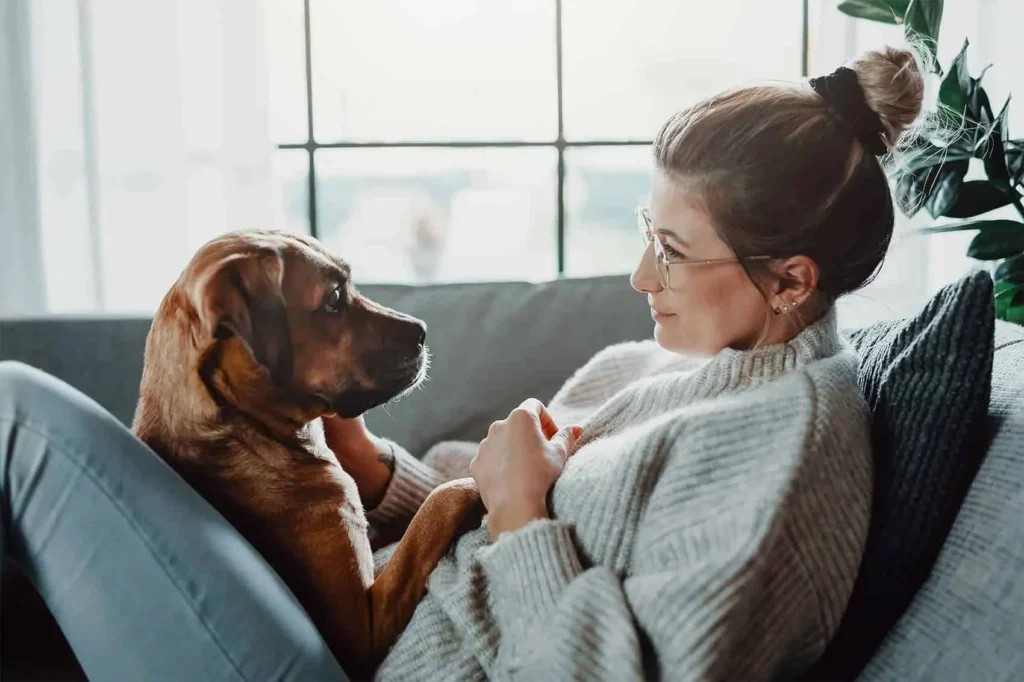Photographers often juggle demanding schedules, making it challenging to prioritize their pets’ health. Home veterinary treatment options offer a practical solution, allowing pet owners to manage minor ailments effectively. This approach not only saves time but also reduces stress for both pets and their owners. As healthy animals are essential for capturing those perfect moments, understanding these options could enhance a photographer’s ability to create lasting memories with their furry companions. What benefits lie ahead?
Key Takeaways
- Home veterinary treatments allow photographers to manage minor pet health issues without disrupting their shooting schedules or travel plans.
- Using home remedies can save costs on veterinary visits, enabling photographers to allocate more budget towards their photography equipment.
- Keeping pets healthy through preventive measures helps ensure they can accompany photographers on shoots, enhancing the experience and reducing stress.
- Documenting pet health changes at home aids photographers in understanding their pets’ needs and sharing insights with veterinarians when necessary.
- Access to online resources and communities can provide photographers with support and tips for managing pet health effectively while balancing their work.
Understanding Common Pet Health Issues and Preventive Care at Home
To effectively manage your pet’s health using home veterinary treatment options, start by identifying common health concerns that pets may face. This includes recognizing signs of illness, dietary needs, and age-related conditions. Preventive care, such as proper nutrition and regular monitoring, plays a critical role in maintaining your pet’s well-being and can reduce the need for emergency interventions.
Exploring Home-Based Treatment Methods and Resources
Once you understand your pet’s specific needs, research appropriate treatment methods suitable for home care. These can include safe home remedies, over-the-counter medications, and lifestyle adjustments. It’s important to supplement these methods with professional support, such as veterinary hotlines or online consultations, ensuring that you have reliable guidance when needed.
Tracking and Documenting Your Pet’s Health for Better Care
Keeping detailed records of your pet’s behavior, symptoms, and treatment responses is essential for ongoing health management. Regular documentation helps you identify patterns or changes early, enabling timely adjustments in care. It also provides valuable information to share with your veterinarian, enhancing the quality of professional advice and treatment.
Frequently Asked Questions
What Are the Advantages of Home Veterinary Treatment Options for Pets?
Home veterinary treatment options offer convenience, reduced stress for pets, and personalized care. These advantages guarantee pets remain comfortable in their environment, fostering stronger bonds between pets and owners while promoting overall health and well-being.
Can I Administer Home Treatments Without Veterinary Approval?
Administering home treatments without veterinary approval can be risky. Pets may have specific health needs that require professional guidance, and unauthorized treatments might lead to complications, emphasizing the importance of consulting a veterinarian before proceeding.
How Do I Know if My Pet Needs Veterinary Attention?
Signs that a pet requires veterinary attention include persistent lethargy, changes in appetite, abnormal behavior, vomiting, diarrhea, or difficulty breathing. Observing these symptoms can guide pet owners in seeking timely veterinary care for their beloved companions.
What Common Conditions Can Be Treated at Home?
Common conditions treatable at home include minor skin irritations, ear infections, and digestive issues. Recognizing these problems allows pet owners to provide timely care, fostering a sense of responsibility and connection with their beloved companions.
Are Home Veterinary Treatments Safe for All Pet Species?
Home veterinary treatment options can be safe for many pet species, yet individual health conditions vary. Consulting a veterinarian guarantees appropriate care, fostering a sense of security among pet owners who prioritize their pets’ well-being.
Conclusion
To sum up, home veterinary treatment options serve as a valuable resource for photographers juggling their careers and pet care. By utilizing effective remedies and over-the-counter medications, they can quickly address minor health issues, ensuring their pets remain healthy and happy. This not only reduces the stress of frequent vet visits but also allows photographers to capture the joyful moments that define their work. Ultimately, a well-cared-for pet enhances both the photographer’s experience and the quality of their images.
You May Also Like To Read:

